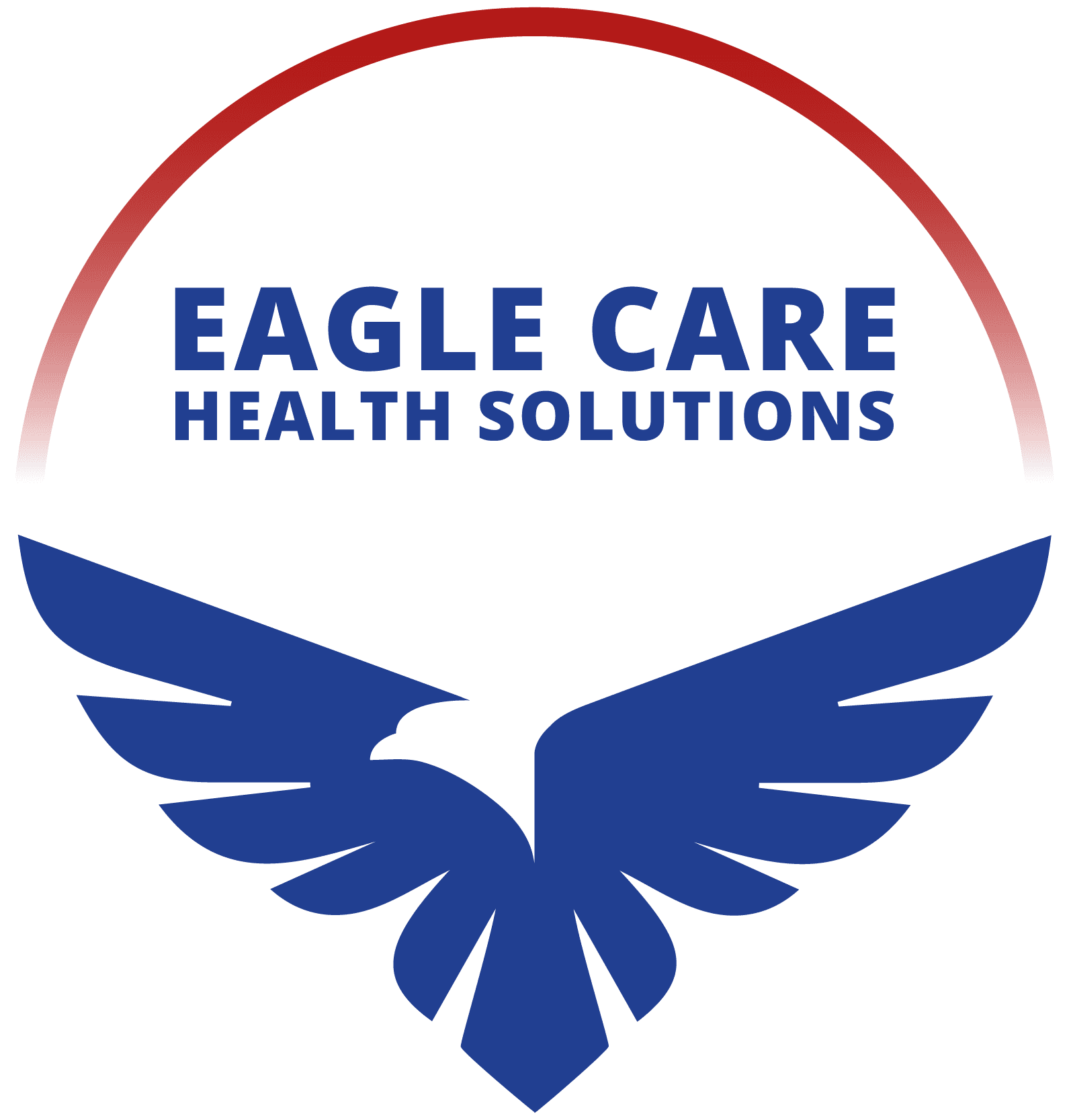When facing an illness, reaching for medication often seems like the easiest solution. However, the story of Suzanne Robotti reveals the hidden dangers that some medications can carry, even years after they are taken. This week on the Health & Wealth Power Hour, we had the privilege of speaking with Suzanne, who shared her powerful and deeply personal journey.
The Beginning of Suzanne’s Story
Suzanne’s story starts before she was even born. Her mother, after experiencing several miscarriages, was prescribed DES (Diethylstilbestrol) during pregnancy—a drug that was thought to prevent miscarriages. This “wonder drug” seemed to work, as Suzanne was born a healthy baby. However, the real consequences of DES became apparent much later.
“So when my mother was pregnant with me, she’d had a couple of miscarriages before…So the doctor said, ‘Okay, when you get pregnant again, come see me immediately. And I will start you on this new wonder drug called Diethylstilbestrol (DES). And, so she took this drug throughout pregnancy as she was instructed to…unfortunately, when I was about 13 or 14 years old, it turned out that there was a cluster of young women who had a rare cancer of the uterus and cervix, called clear cell adenocarcinoma (CCA). It’s a rare cancer. And as it turns out, the only way you can really get this rare cancer is if you were exposed to DES in utero,” Suzanne recalls.
The Hidden Dangers of DES
DES was marketed as a miracle drug, but it had serious long-term effects that were not immediately understood. As Suzanne shared, the only way to develop clear cell adenocarcinoma, a rare cancer of the uterus and cervix, was through exposure to DES in utero. Beyond cancer, DES exposure also caused fertility issues and increased the risk of other health problems, such as early-onset breast cancer and autoimmune diseases.
“We learned two very important things from that which were unknown before…it was believed up until 1971…that the mother could do anything, smoke, drink, take drugs, medicines, etc. and the placental barrier would protect the fetus. Well, they found out that’s not true. The other really interesting and important thing they learned was that the assumption in the medical community was that if a drug was going to affect you, give you a side effect, you would know it very quickly, you’d know it within a couple of days. No, a very high percentage of DES daughters…were getting breast cancer at the age of 35, 38, 42 very early. And that’s a very delayed side effect,” Suzanne explained.
From Personal Tragedy to Advocacy
Suzanne’s personal experience with DES ignited her passion for medication safety advocacy. She now serves as a consumer representative on an FDA advisory committee and founded MedShadow.org, a nonprofit organization dedicated to providing independent information on the side effects, long-term effects, and benefits of medications.
“What MedShadow does is we’re a health journalism website…but we don’t take any money from pharmaceutical companies or medical device manufacturers. We’ll take donations but not from those people,” Suzanne said.
The Importance of Awareness
One of the key takeaways from our conversation with Suzanne is the importance of being informed about the medications we take. Medications can mask symptoms without addressing the underlying issues, and they can come with significant side effects. For instance, Suzanne highlighted how medications like Wegovy and Ozempic, used for weight loss and diabetes management, were approved based on studies that primarily included white men. This raises concerns about their efficacy and safety for women and different ethnic groups.
“With Wegovy…losing weight…that was a side effect, a beneficial side effect that people in these two studies, two clinical trials were given to us, about 1000 people were in each of those two clinical trials. They were virtually all white men. And that’s important because women process drugs differently than men do…and also ethnic groups, many ethnic groups will process drugs differently than white men,” Suzanne noted.
Practical Advice for Health Management
Suzanne also shared practical advice for managing health without over-relying on medications. She emphasized the importance of lifestyle changes—eating well, moving regularly, and maintaining strong social connections. These factors can significantly impact health and often reduce the need for medications.
Overall, Suzanne’s story is a powerful reminder of the hidden dangers that some medications can carry and the importance of being informed about what we put into our bodies. Her advocacy work and dedication to medication safety continue to make a significant impact, helping others make more informed health decisions.
Visit hwpowerhour.com to subscribe to the podcast and not miss out on any of our future episodes. Thank you for reading!
